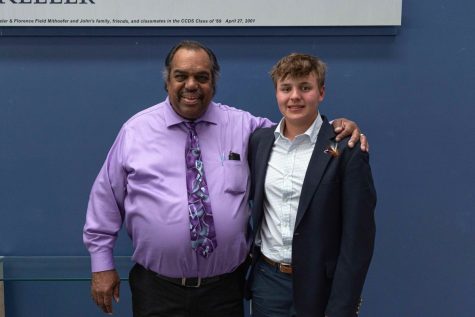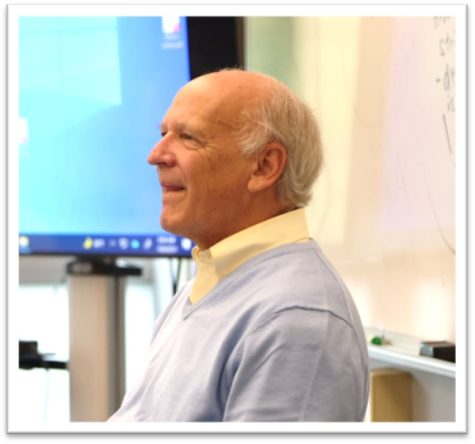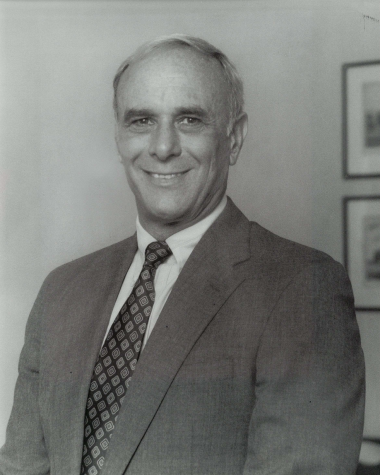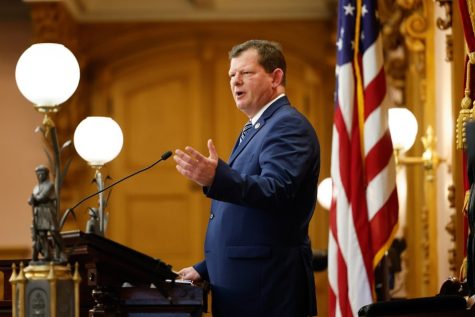Who is Jamal Khashoggi and Why His Disappearance Stirred The World
October 31, 2018
Although Jamal Khashoggi’s disappearance has been covered widely on the national news for the last couple of weeks, he was previously a relatively unknown figure in the United States. Khashoggi, aged 59, was from Saudi Arabia, where he worked for many years as a journalist for leading Saudi news outlets. Khashoggi also worked in the Saudi Government as an advisor to senior officials. In 2017, he became a fierce critic of Saudi Arabian Prince Mohamed bin Salman, who took over as the country’s deputy prime minister. After having been fired several times for his controversial articles and opinions, Khashoggi moved to the United States, where he continued to write articles critical of Saudi Arabia’s government in The Washington Post.

Khashoggi visited the Saudi Arabian consulate on October 2nd in an effort to obtain necessary paperwork for his upcoming marriage to his Turkish fiancé, Hatice Cengiz. The moment Khashoggi walked into the embassy, captured on video, was the last time Khashoggi was ever seen. Cegniz patiently waited outside the embassy for eleven hours; she was concerned when finally told he had allegedly left the embassy.
We have recently discovered that fifteen men traveled to Istanbul from Saudi Arabia on the day Khashoggi disappeared. A number of the men are allegedly members of the Saudi Arabian security services, one of them reportedly traveled to Instanbul with a bone saw. A number of reputable news sources, including The Wall Street Journal and The New York Times, have since reported the existence of a ‘gruesome’ audiotape recorded as Khashoggi was killed inside the Saudi Arabian Consulate. Although not yet confirmed, it is believed that Secretary of State Mike Pompeo heard the tape containing explicit evidence of Khashoggi’s brutal torture.
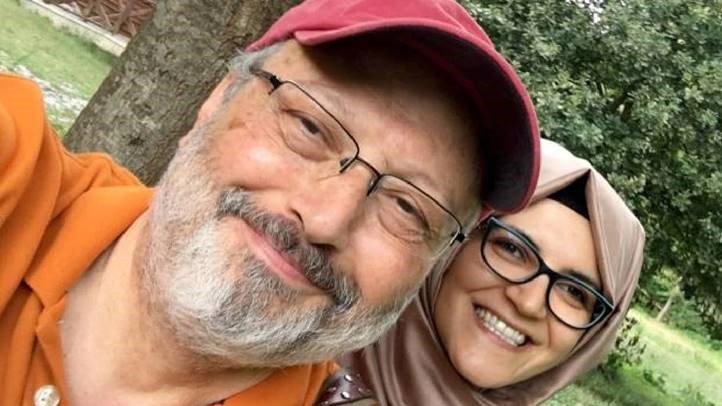
On October 17, The Washington Post posthumously published Khashoggi’s last writing. While he did not have an opportunity to review the final article before it was published, Khashoggi’s arguments are powerful. Following the same themes he had written about for years, he writes about the critical importance of a free press to a functioning society, stating “[t]he Arab world needs …. citizens [who] can be informed about global events … we need to provide a platform for Arab voices. We suffer from poverty, mismanagement and poor education.” Khashoggi’s last words encouraged freedom of speech and the importance of unadulterated news sources, ideas the Saudi Arabian government may have reason to fear. Khashoggi left his home and ultimately sacrificed his life in order to give a voice to those unable to speak. One can only hope his life mission may not have been in vain.




